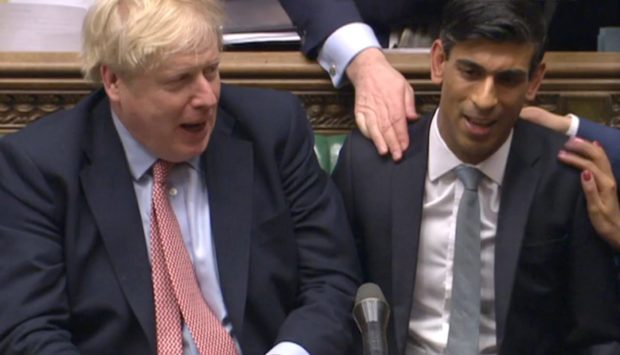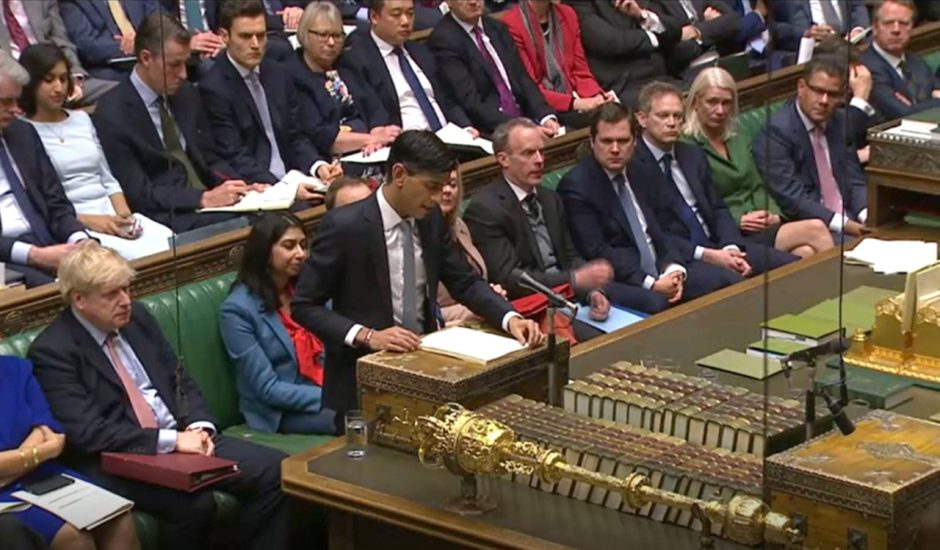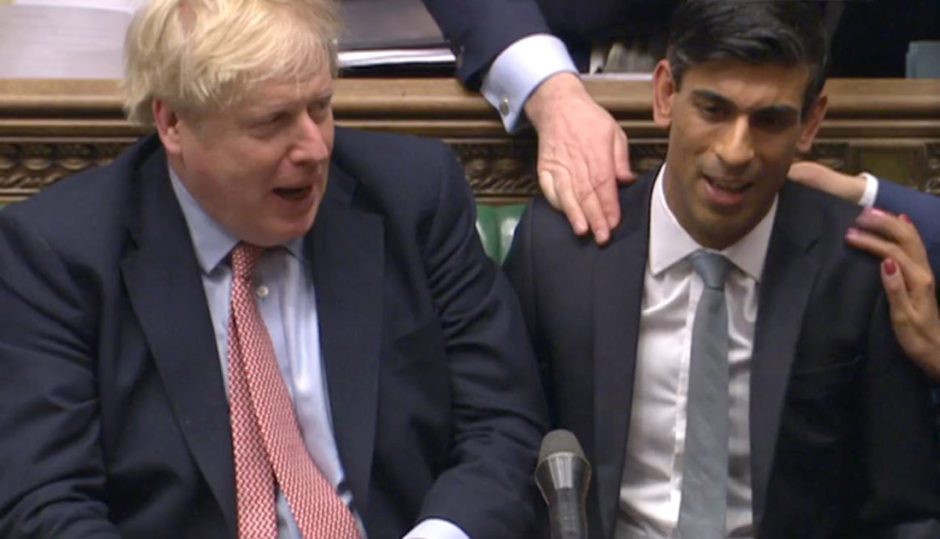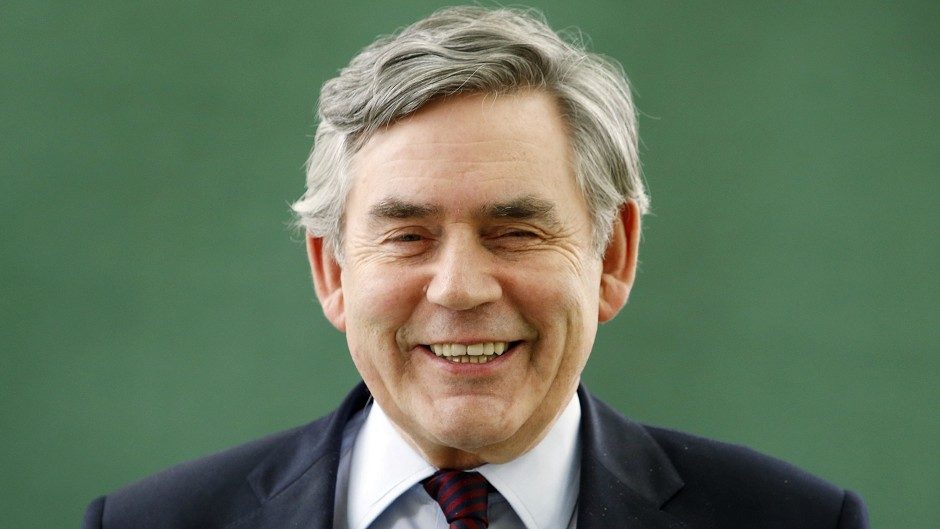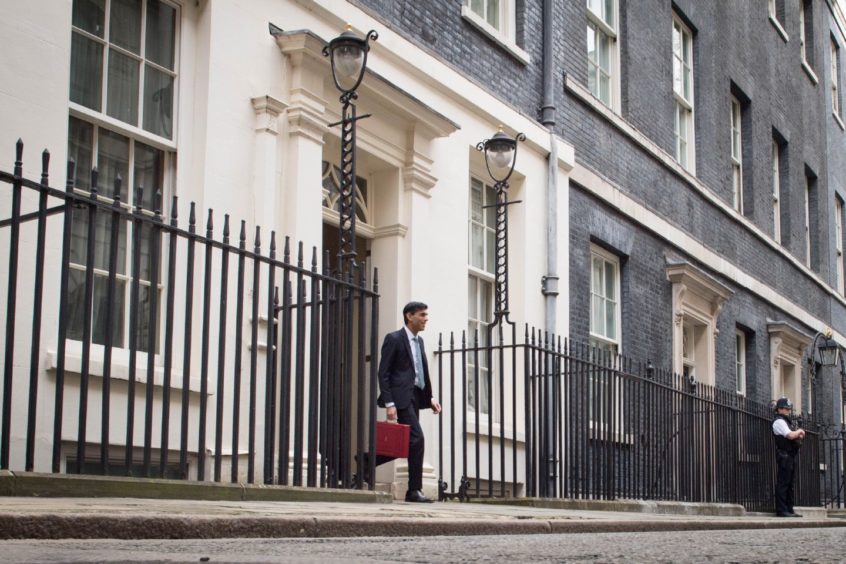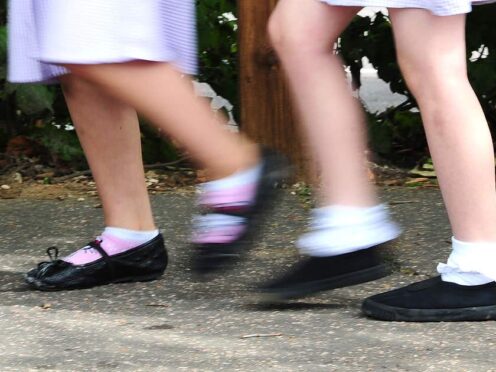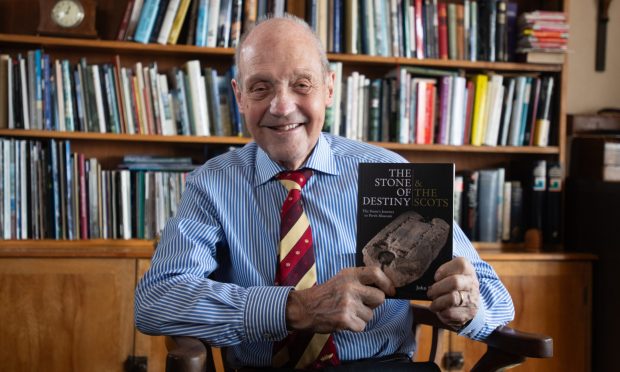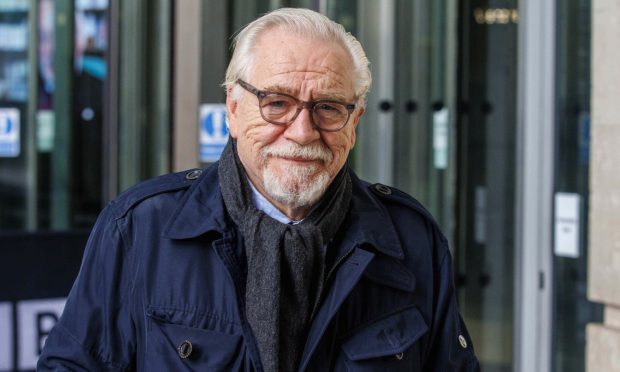Chancellor Rishi Sunak has unveiled a £30 billion plan to “vaccinate” the UK economy against coronavirus, as the World Health Organisation officially declared a global pandemic.
In his first Budget, Mr Sunak turned on the spending taps as he acknowledged that “for a period it’s going to be tough” with up to a fifth of people off work, supply chains disrupted and consumer spending decreasing.
The chancellor insisted that “whether it’s millions of pounds or billions of pounds”, the NHS, devolved governments and local authorities would get whatever cash they needed to tackle Covid-19.
“We are doing everything we can to keep this country and our people healthy and financially secure,” he told MPs.
Of the £30bn in extra spending, £12bn will be specifically targeted at coronavirus measures, including at least £5bn for the NHS and £7bn for business and workers across the UK.
A Treasury official told us that funding would be distributed “fairly” across the nations and regions.
The scale of the challenge posed by the virus was underlined by the Office for Budget Responsibility (OBR) who concluded that “a recession this year is quite possible if the spread of coronavirus causes widespread economic disruption”.
While the virus is “the key challenge” facing the economy and the country, Mr Sunak was keen to emphasise that his Budget was also a “plan for prosperity tomorrow”.
Over the next five years, Mr Sunak announced that the Government would invest more than £600 billion in capital spending.
Day-to-day spending will also increase by an average of 2.8%, in a Budget that sees the Tories move away from austerity and attempt to shore up support among the former Labour voters who delivered Boris Johnson’s election victory in December.
By the end of the Parliament in 2024 day-to-day spending on public services will be £100 billion higher in cash terms than it is today, the Chancellor said.
“This is the biggest sustained giveaway since Norman Lamont’s ill-fated pre-election Budget in March 1992,” OBR chairman Robert Chote said.
In all, Scotland will receive an additional £640 million in Barnett consequentials as a result of the spending spree.
Among a slew of measures announced, there will also be increased support for the Scottish whisky industry through a freeze on spirits duty and investment in rural broadband.
Mr Sunak said the extra cash would “level up” and “strengthen” the Union.
“This Budget will further strengthen the ties that bind us and kickstart a decade of investment in all our communities”, he said.
Scottish Secretary Alister Jack, speaking after the Budget, said: “People and businesses right across Scotland will see the benefits of this Budget – with money for broadband, research and development, green technology and support to promote Scottish produce overseas among the many measures we’ve announced today.”
Labour leader Jeremy Corbyn welcomed the steps being taken to reduce the economic impact from coronavirus but said said the UK was going into the crisis with public services “on their knees” and an economy that was “flat-lining”.
He said: “The reality is that this is a Budget which has an admission of failure – an admission that austerity has been a failed experiment. It didn’t solve our economic problems, but made them worse, that held back our own recovery and failed even in its own terms.”
SNP Westminster leader Ian Blackford agreed, adding: “The Tories’ economic agenda was merely a sticking plaster.
“If the chancellor believes that this Budget levels up after a decade of austerity and assault on people’s livelihoods, then he is wrong. After inflicting years of cruel and deep cuts, the Tories are offering more of the same while ushering in a new era of political and economic isolation outside the EU.”
Analysis: Did Gordon Brown write Rishi Sunak’s Budget?
Look past the cash for the coronavirus outbreak and you’ll find a Tory Budget like no other.
Boy-wonder Rishi Sunak announced a multi-billion pound spending spree not seen since the days of New Labour.
In 2000, when the economy was roaring and the exchequer was awash with cash, Gordon Brown turned on the spending taps by announcing a 35% real terms increase in NHS funding.
Education was bunged an extra billion pounds, while there was also enough left in the kitty to chop a penny off the basic rate of income tax.
According to the Office for Budget Responsibility, Mr Sunak’s Budget was even more generous.
“This is the largest planned sustained giveaway at any fiscal event since Norman Lamont’s ill-fated pre-election Budget in 1992,” it said.
“The loosening is similar in shape and modestly larger in scale to that in Gordon Brown’s 2000 Budget, which – like this one – was dominated by public spending increases.”
The carefree tapping of the credit card has worried old hands like Theresa May, who took the unusual step of speaking publicly in the Commons.
“That sound management of the public finances has always been one of the USPs of the Conservative Party,” she said.
“Spending a lot of money may be popular and may seem the natural thing to do, but there is of course that necessity of having a realistic assessment of the longer-term impact of those decisions, the longer-term consequences, and a necessity to ensure that we have that restraint and caution that enables us to make the public finances continue to be strong into the future.”
It’s doubtful whether Boris Johnson will take heed of those warnings, however, as he is keen to reposition the Tory party in order to hang on to all those Labour seats he won at the election.
